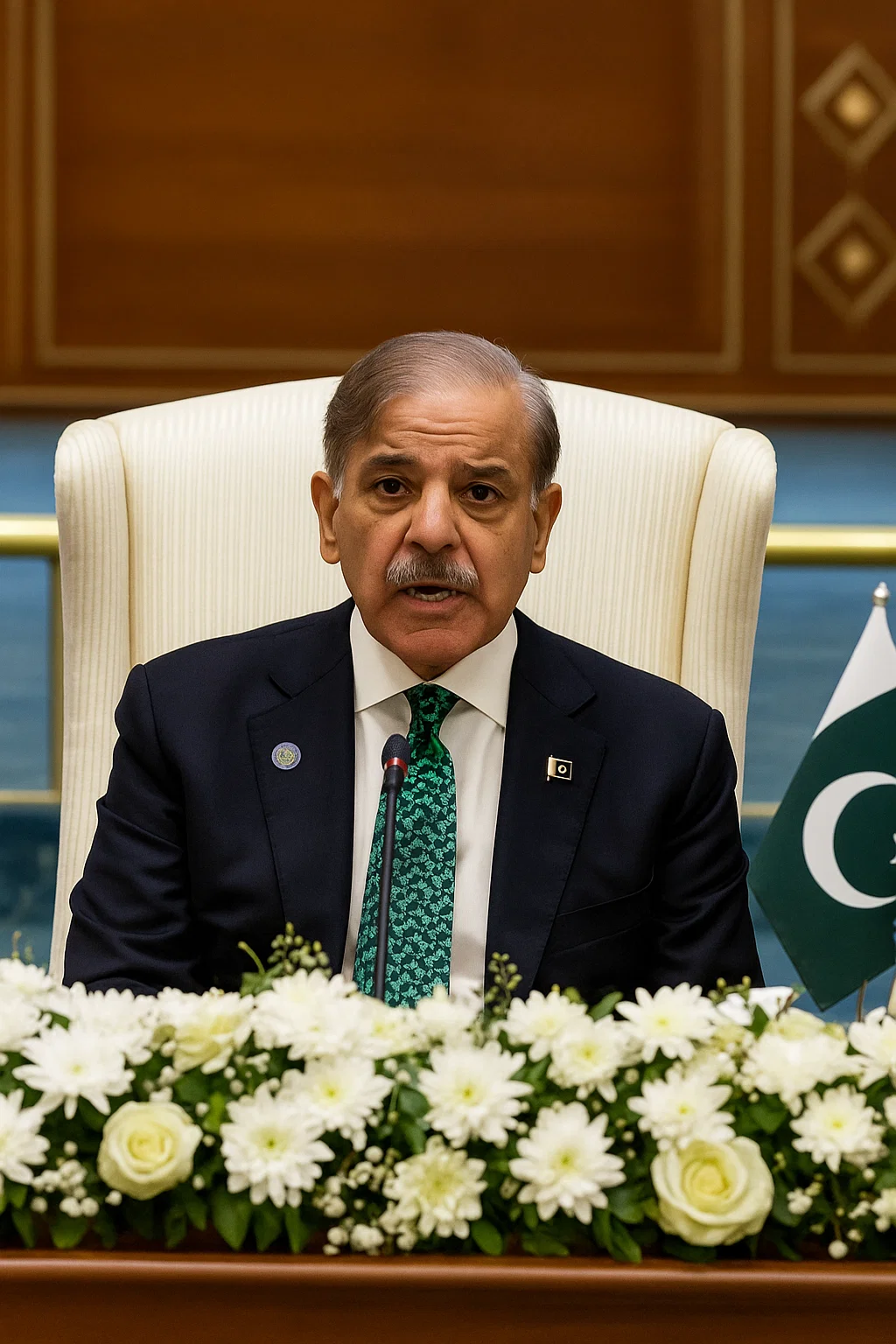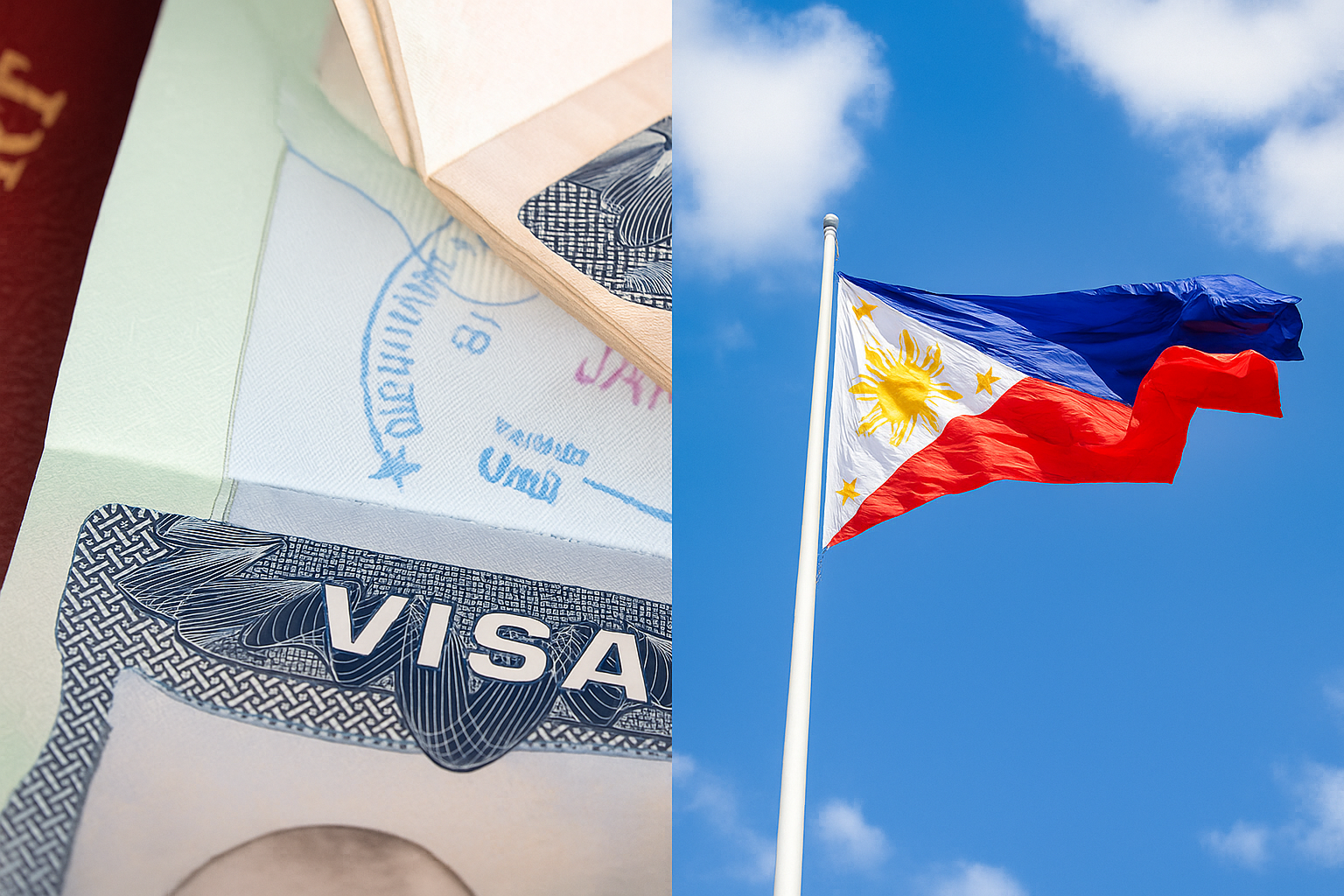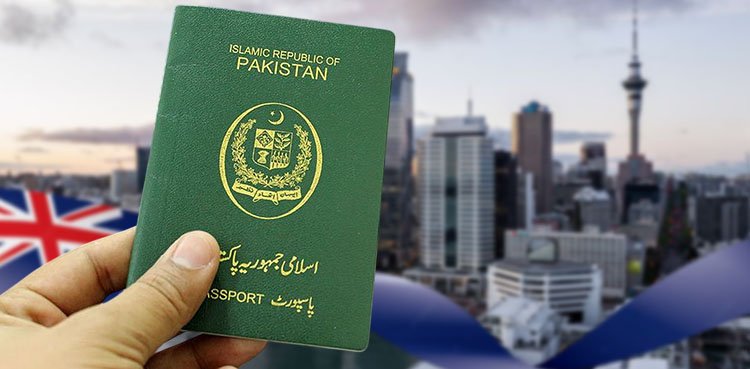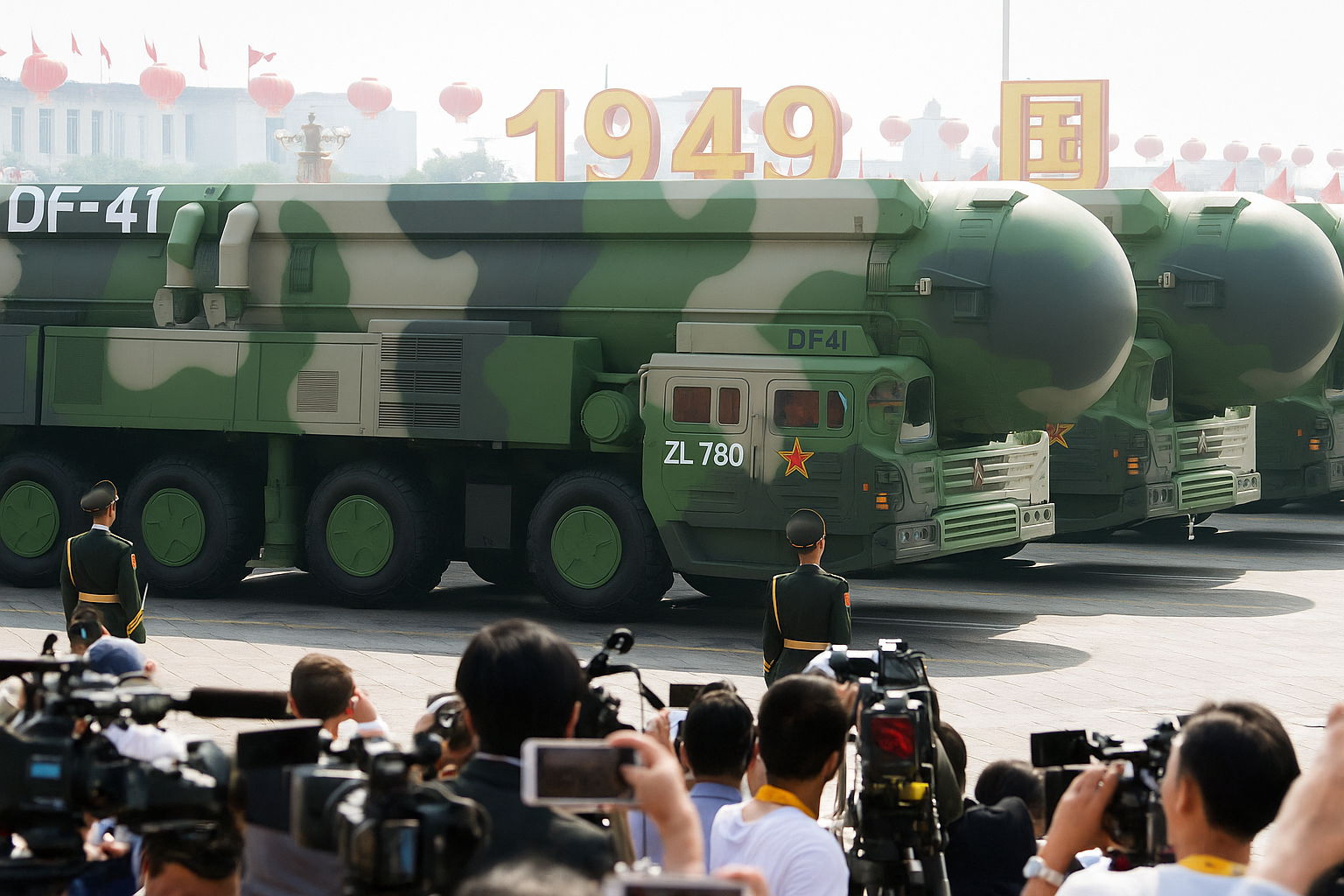On September 2025, a devastating Afghanistan earthquake shook the region, leaving behind widespread destruction and grief. With more than 600 lives lost and thousands injured, the tragedy has once again highlighted the vulnerability of Afghanistan to natural disasters. Entire villages were reduced to rubble, families displaced, and critical infrastructure severely damaged.
In the wake of this calamity, regional leaders have extended their sympathies and pledged support. Among them, Pakistan’s Prime Minister Shehbaz Sharif stood out by immediately expressing solidarity with the Afghan people. His words of compassion and promises of assistance have been seen as a positive step in fostering humanitarian cooperation at a time of crisis.
This article explores the impact of the Afghanistan earthquake, the scale of devastation, the regional response, and specifically how Pakistan—under the leadership of PM Shehbaz Sharif—is extending support during this hour of need.
The Devastating Impact of the Afghanistan Earthquake
Widespread Human Losses
The Afghanistan earthquake resulted in the deaths of over 600 people, with thousands more sustaining injuries. Rescue teams reported that many victims were trapped under collapsed homes, while survivors struggled with limited medical assistance. The death toll is expected to rise as rescue efforts continue in remote and mountainous areas.
Damage to Infrastructure
Entire villages in eastern Afghanistan were reduced to debris. Mud houses, already fragile due to poverty and lack of durable construction, were unable to withstand the powerful tremors. Schools, hospitals, and mosques also suffered extensive damage, leaving communities without access to essential services.
Displacement and Humanitarian Crisis
Thousands of families have been displaced, forced to seek shelter under makeshift tents. The Afghanistan earthquake has created an urgent need for food, clean water, medical supplies, and shelter. Aid agencies warn that without immediate relief, the humanitarian crisis could worsen, particularly for women, children, and the elderly.
PM Shehbaz Sharif’s Immediate Response
Expression of Solidarity
Within hours of the tragedy, PM Shehbaz Sharif took to social media and official platforms to express his condolences. He called the Afghanistan earthquake a “heartbreaking tragedy” and reassured the Afghan people that Pakistan stood firmly with them during this dark hour.
Mobilization of Aid
The Prime Minister directed Pakistan’s disaster management and relief authorities to prepare immediate assistance packages. This included emergency medical supplies, food rations, tents, and blankets. The aid convoys were instructed to move swiftly across the Pakistan-Afghanistan border to deliver relief directly to affected areas.
Diplomatic Communication
PM Shehbaz Sharif also communicated directly with Afghan leadership, assuring them of Pakistan’s willingness to provide every possible support. By opening channels for cross-border cooperation, he emphasized that humanitarian crises transcend politics and require united action.
SEE MORE:
https://freedompakistan.com.pk/
Why Pakistan’s Support Matters
Shared History and Geography
Pakistan and Afghanistan share not just a long border but also centuries of cultural, economic, and familial ties. Whenever a natural disaster strikes Afghanistan, its impact is often felt in Pakistan as well. The Afghanistan earthquake is no exception, and Pakistan’s swift response reflects these deep-rooted connections.
Regional Stability through Humanitarian Cooperation
By offering help, Pakistan contributes to regional stability. Humanitarian crises, if left unaddressed, can lead to mass displacement, cross-border migration, and heightened tensions. PM Shehbaz Sharif’s proactive approach ensures that both nations work together in the face of adversity.
Strengthening Bilateral Relations
While political differences between Islamabad and Kabul have existed for decades, moments like these offer opportunities to strengthen ties. The Afghanistan earthquake has provided Pakistan with a chance to showcase goodwill and build trust through genuine humanitarian support.
International Response to the Afghanistan Earthquake
Aid from Neighboring Countries
Beyond Pakistan, countries such as Iran, China, and Turkey also expressed their condolences and pledged assistance. Regional cooperation has been crucial in past disasters, and the Afghanistan earthquake is once again uniting neighbors for relief efforts.
Global Humanitarian Organizations
The United Nations, Red Crescent, and several NGOs have mobilized teams to deliver emergency relief. However, access to remote villages remains a challenge, making regional support from Pakistan and others even more critical.
Call for Long-Term Solutions
While immediate aid is necessary, global experts stress that Afghanistan requires long-term disaster preparedness strategies. The Afghanistan earthquake highlights the need for earthquake-resistant housing, better infrastructure, and improved emergency response systems.
The Humanitarian Spirit Beyond Borders
Stories of Rescue and Survival
Heartbreaking yet inspiring stories have emerged from the rubble. Afghan villagers, with limited equipment, dug through debris to save neighbors. Pakistani rescue teams arriving at the border worked side by side with Afghan volunteers. These stories underscore the resilience of ordinary people in the face of tragedy.
Religious and Cultural Duty
For both Pakistan and Afghanistan, extending a helping hand in times of crisis is seen not just as political responsibility but also as a cultural and religious obligation. PM Shehbaz Sharif’s compassionate response reflects this shared ethos of empathy and solidarity.
Challenges in Relief Efforts
Difficult Terrain
The earthquake struck mountainous regions where access is extremely limited. Poor road conditions and destroyed bridges have slowed down the delivery of aid.
Limited Resources
Afghanistan, already struggling with economic challenges, lacks sufficient resources for disaster relief. International sanctions further complicate aid delivery. The Afghanistan earthquake has thus underscored the country’s vulnerability.
Need for Coordinated Action
Multiple organizations, both local and international, are involved in relief. Coordination is crucial to ensure that resources reach those who need them most, without duplication or wastage. Pakistan’s logistical support can play a vital role here.
Lessons for the Future
Investing in Earthquake Preparedness
The Afghanistan earthquake is a stark reminder of the urgent need for preparedness. Stronger infrastructure, better training for emergency responders, and community awareness programs can save lives in the future.
Strengthening Regional Cooperation
Disasters ignore political boundaries. Countries in South and Central Asia must invest in joint disaster management systems. The cooperation seen after the Afghanistan earthquake can serve as a foundation for long-term regional resilience.
Role of Leadership in Crisis
PM Shehbaz Sharif’s response highlights the importance of leadership in times of tragedy. Prompt action, clear communication, and compassion can inspire both citizens and neighboring countries to rally together.
Conclusion
The Afghanistan earthquake has brought unimaginable loss to thousands of families, but it has also revealed the strength of solidarity across borders. Pakistan, under PM Shehbaz Sharif’s leadership, has stepped up with compassion and tangible support. From aid convoys to diplomatic outreach, Pakistan’s response has shown that humanity must come first in times of disaster.
While rebuilding will take years, the resilience of the Afghan people, combined with regional and international assistance, offers hope. The Afghanistan earthquake is a painful reminder of nature’s unpredictability, but it is also a testament to the power of unity in the face of tragedy.
In the end, the tragedy has highlighted not just destruction but also the bonds of empathy, compassion, and shared humanity—values that will outlast the tremors of the earth.












